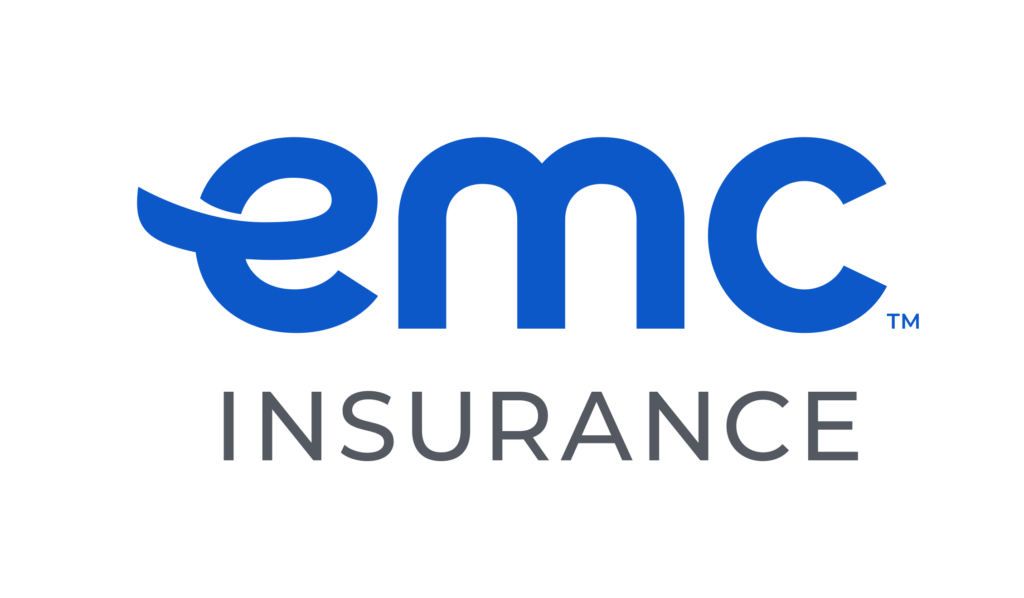Japan disaster’s impact on insurance unlikely to surpass Katrina
Japan’s massive earthquake, tsunami and nuclear disaster is likely to be the costliest natural catastrophe on record, but the impact on the private insurance industry probably will not surpass that of Hurricane Katrina in 2005, MSNBC reported.
That is in part because Japanese homeowners and businesses rely heavily on a government-funded earthquake insurance system, rather than private insurance. As a result, only about 14 to 17 percent of Japanese homes have private earthquake insurance, according to estimates from the Reinsurance Association of America.
The Japanese system also puts a cap on the total claims paid out by both the government and private insurers. If total claims top roughly $60 billion, payouts are prorated, meaning that homeowners and businesses would have to settle for partial compensation for their losses.
That leaves a relatively small payout for the private insurance industry, and it will be spread among several players.
Still, the overall cost of last week’s 9.0 magnitude quake and resulting tsunami will be astronomical. Private bank estimates put total losses at $180 billion, a figure that could go higher if radiation leaks from a crippled nuclear plant inflict further damage.
The figure would make the Japan quake the costliest natural catastrophe on record — larger than Hurricane Katrina, which created $125 billion in losses and killed some 1,300 people in 2005. About half of Katrina’s losses were covered by insurance, resulting in a $66 billion hit to the insurance industry.
The insurance impact from the Sendai quake likely will be absorbed mainly by the Japanese domestic insurance property-casualty and life insurance industries, “with a healthy dose being shared by the global reinsurance community,” said Robert Hartwig, president of the Insurance Information Institute, an industry group.











